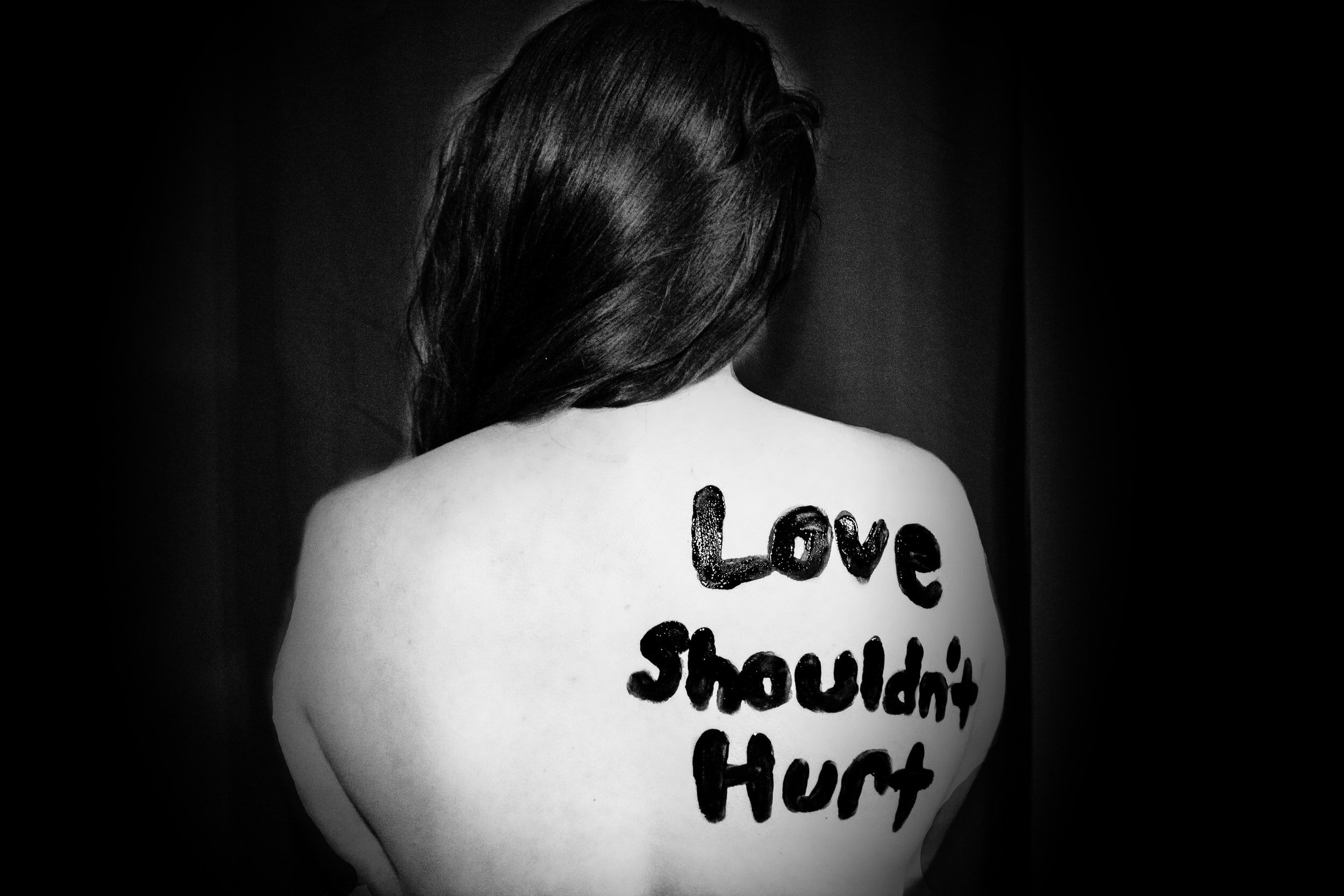Traumatic Brain Injury from Spousal Abuse
An important article appeared on October 12, 2015, in the Los Angeles Times about Traumatic Brain Injury (TBI) in women who have suffered repeated abuse from domestic violence:
When patients come to the Raffle Brain Institute in Carmel, Dr. Raffle always inquires about a history of traumatic brain injuries (TBI), including those caused by auto accidents, falls, sports – and domestic violence. Battered women shelters focus almost exclusively on the psychological impact of domestic violence, as they should. However, long-term effects that are often attributed to post-traumatic stress disorder (PTSD), including difficulty with attention, concentration, and memory, are actually consequences of brain injuries from repeated head traumas.
Only 10 percent of concussions result in unconsciousness, so many women who have suffered repeated concussions never report them, and never seek treatment for them. However, as we have seen with boxers and football players, the consequences of repeated concussions can be very serious. What signs of TBI should counselors at Domestic Violence shelters look for when they see a new victim of violence?
Physical Signs of TBI: Headache, Fatigue, Vomiting, Dizziness or Vertigo, Visual Problems, Hearing Changes, and Sleep Disturbances
Neurological Signs of TBI: Blurry or Double Vision, Slurring of Speech, Memory Problems, Decreased Attention, Problems with Balance, Altered Taste and Smell, Decreased Concentration, Sensitivity to Light and Sound, Difficulty in Locating Familiar Objects
Psychological Signs of TBI: Changes in Personality, Difficulty in Problem Solving, Angry Outbursts, Becoming Overly Emotional, Fits of Crying, Depression, Anxiety
There are many signs of TBI that are also present in individuals with PTSD. It is the goal of Dr. Raffle as a neuropsychologist to make that distinction and determine whether brain damage has actually occurred. We applaud the work of Maria Garay-Serratos, CEO of The Sojourner Center, a domestic violence shelter in Phoenix, Arizona, and others to bring to light this underserved community of women.
Image by Sydney Sims

